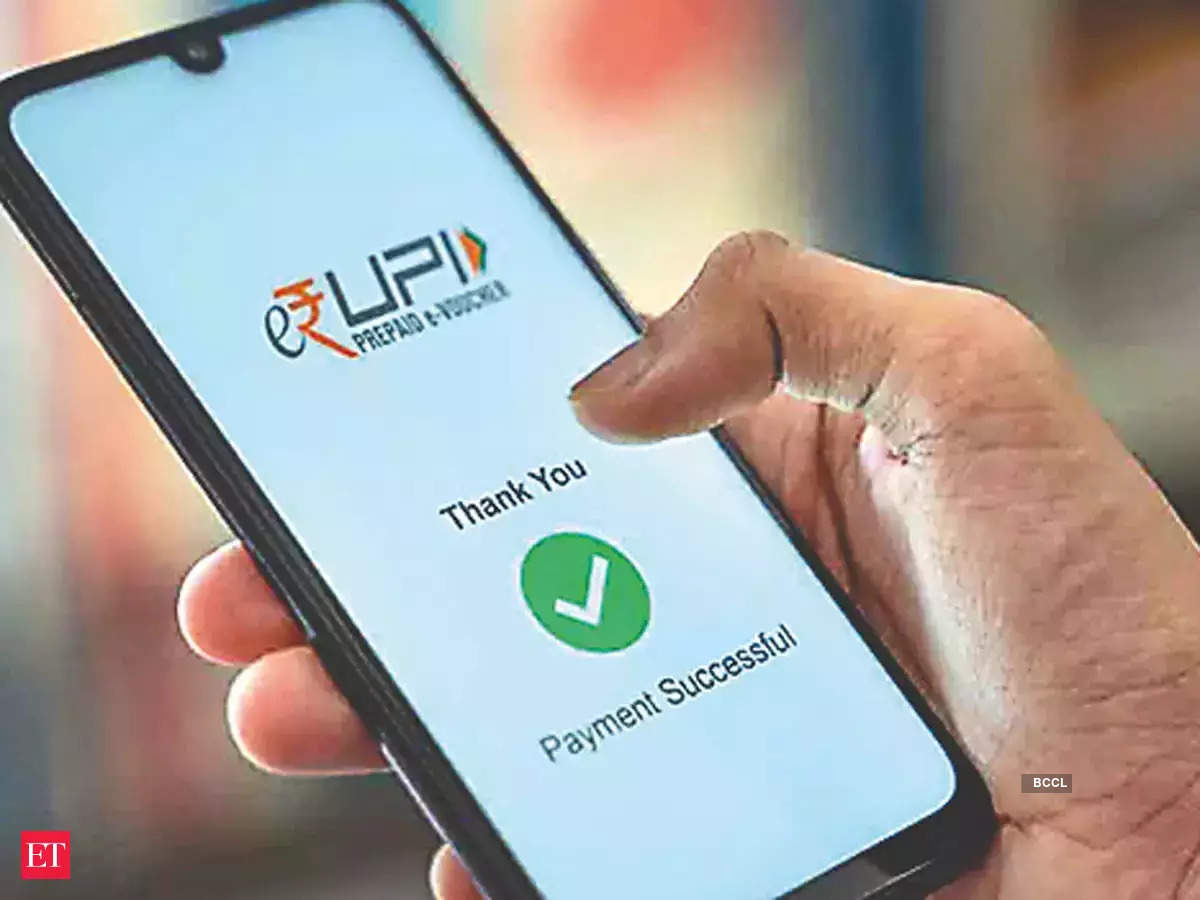Upi: India’s UPI to now work in one more country – Times of India
India’s mobile-based payment system, UPI allows customers to make instant payments at any time of the day. This payment service uses a Virtual Payment Address (VPA) to complete the transactions which can be created by the customer.
Other than UPI, India and Sri Lanka will also conduct feasibility studies on petroleum line and land bridge connectivity between the countries, Modi added. India also extended financial assistance worth around $4 billion to Sri Lanka including lines of credit in 2022. This helped the neighbouring country to purchase food and fuel when it was hit by the economic crisis.
Other countries adopting UPI
During his recent visit to France, PM Modi announced that UPI payments will be accepted in the European country. UPI payment system adaptation in France will begin from the Eiffel Tower. Indian tourists will be able to pay in rupees to visit the famous site.
Apart from France, Singapore has also adopted UPI payments. India’s UPI and Singapore’s PayNow have signed an agreement. This agreement will facilitate seamless, real-time, and secure cross-border transactions.
The Reserve Bank of India (RBI) and the Central Bank of the UAE have also signed an MoU to interlink the payment and messaging systems. This agreement will help UAE to integrate India’s UPI service into its Instant Payments Platform (IPP).
Moreover, the National Payments Corporation of India (NPCI) has also held talks with more nations including the USA, European and other West Asian countries to extend UPI services.
UPI figures and other stats in India
According to RBI data, about 73% of all non-cash transactions in India in 2022 were done using UPI. UPI transactions worth Rs 139.2 trillion were done in FY23. Another PwC report claims that daily UPI transactions are likely to reach 1 billion by 2026–2027. As per the report, UPI transactions will account for about 90% of all non-cash transactions.
function loadGtagEvents(isGoogleCampaignActive) { if (!isGoogleCampaignActive) { return; } var id = document.getElementById('toi-plus-google-campaign'); if (id) { return; } (function(f, b, e, v, n, t, s) { t = b.createElement(e); t.async = !0; t.defer = !0; t.src = v; t.id = 'toi-plus-google-campaign'; s = b.getElementsByTagName(e)[0]; s.parentNode.insertBefore(t, s); })(f, b, e, 'https://www.googletagmanager.com/gtag/js?id=AW-877820074', n, t, s); };
window.TimesApps = window.TimesApps || {}; var TimesApps = window.TimesApps; TimesApps.toiPlusEvents = function(config) { var isConfigAvailable = "toiplus_site_settings" in f && "isFBCampaignActive" in f.toiplus_site_settings && "isGoogleCampaignActive" in f.toiplus_site_settings; var isPrimeUser = window.isPrime; if (isConfigAvailable && !isPrimeUser) { loadGtagEvents(f.toiplus_site_settings.isGoogleCampaignActive); loadFBEvents(f.toiplus_site_settings.isFBCampaignActive); } else { var JarvisUrl="https://jarvis.indiatimes.com/v1/feeds/toi_plus/site_settings/643526e21443833f0c454615?db_env=published"; window.getFromClient(JarvisUrl, function(config){ if (config) { loadGtagEvents(config?.isGoogleCampaignActive); loadFBEvents(config?.isFBCampaignActive); } }) } }; })( window, document, 'script', );
For all the latest Technology News Click Here


